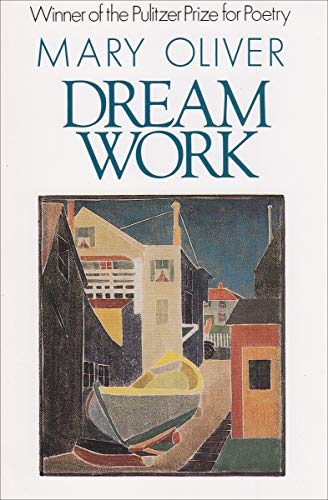
Bring authority to a reading of your poems? It would be poison to do so. The critics can’t help themselves, of course. It is the nature of a grasping mind to think it is possessing and corralling. But where does the poison do its work? Your words remain the same.
From the woods, the shore, and the other side of death, you won’t have heard them anyway. But I had to run from the noise of their screams as they fought to climb up on top of your work to stamp their authority into what can bear no mark.
I’m not saying I found a better path. But I found one I preferred. I hope others do too. On my path, I got lost, all alone, and in that fearful ecstasy, I thought I could be saved.
Then I remembered the simple lesson to look and not to search.
Search and you will forever be “looking out for sorrow, slowing down for happiness” believing from inside that you’re “making all the right turns” to get to the doorway you want to walk through.
Searching shrouds the moment, blankets the pathway, urges you on towards what is inside you. Is there nothing here to look at other than ourselves?
and what we see is the world
that cannot cherish us
but which we cherish,
and what we see is our life
moving like that
along the dark edges
of everything
Wouldn’t you have preferred to come down “to the thumping barriers of the sea”? In “Coming Home” you seem so content to walk through the doorway of your house in Provincetown with your partner. And I’m left thinking there is something about companionship I wish you had taught us but didn’t.
Your publisher said, you are “A private person by nature”. Perhaps that was a clever pun. In the end, you gave us what you wanted to give us and not what we wanted. I’ll look at that and will not search.

